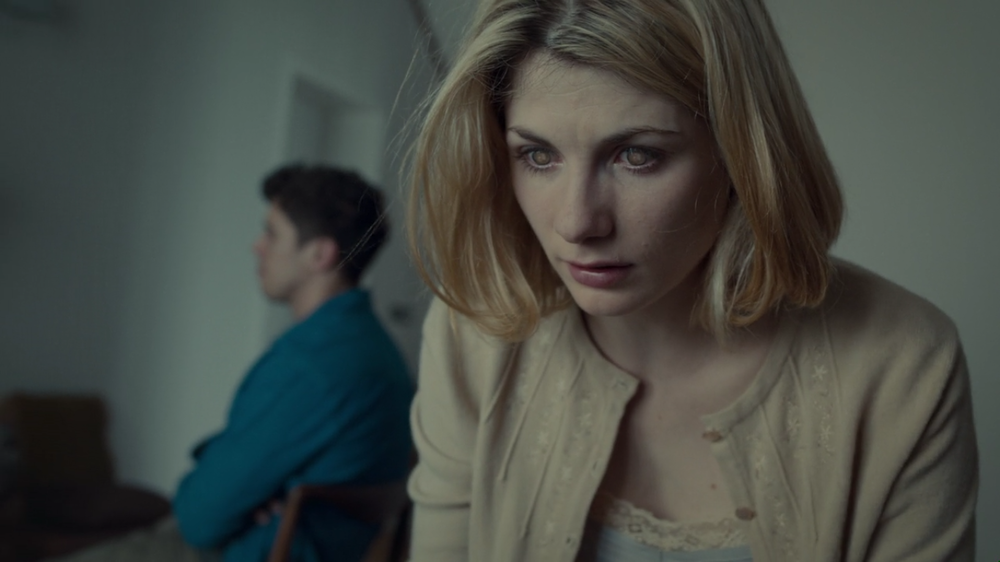1. “Memories never lie, but they often betray us.”
2. “Replaying the past isn’t the same as living it.”
3. “Every detail preserved, every flaw exposed.”
4. “Our eyes see, but our minds remember differently.”
5. “What’s the cost of knowing every moment?”
6. “In obsession, truth becomes a twisted memory.”
7. “Perfection is the illusion of the edited mind.”
8. “Memories should fade for us to move forward.”
9. “Trust isn’t found in replayed fragments.”
10. “Inserting doubt into certainty destroys it.”
11. “Beware the clarity that technology offers.”
12. “Revisiting the past isn’t worth losing the present.”
13. “Sometimes, ignorance truly is bliss.”
14. “Where does knowing too much lead us?”
15. “Reviewing memories warps their authenticity.”
16. “Scrutinizing the past kills spontaneity.”
17. “Is verifying the past worth breaking the future?”
18. “Nothing’s more relentless than a mind on rewind.”
19. “The more you know, the less you can forget.”
20. “Secrets unravel in the replay, uninvited.”
21. “The archive of life isn’t just a memory—it’s a curse.”
22. “The grain sees all, but do we?”
23. “Searching memories for peace often reveals chaos.”
24. “It’s a burden to remember what you’ve tried to forget.”
25. “When every gaze is recorded, trust is fleeting.”
26. “A memory on loop is a life on pause.”
27. “Not every truth deserves replay.”
28. “What we relive, we relive alone.”
29. “Details can destroy what love tries to preserve.”
30. “In memories, the smallest seeds grow the biggest doubts.”
31. “Precision memories, imprecise emotions.”
32. “To dissect reality is to dissect oneself.”
33. “The reel of life omits the touch of humanity.”
34. “Access to our past is a key to our insecurities.”
35. “Breaking trust one rewind at a time.”
36. “In certainty lies the heartache of knowing.”
37. “Unlocking memories is unlocking pain.”
38. “Every recall strips away forgiveness.”
39. “Are we defined by the moments or the memories?”
40. “In the realness of memory, happiness falters.”
41. “Viewed memories create suspected truths.”
42. “The limitless recall limits human connection.”
43. “Some conclusions should remain unwritten.”
44. “Through the grain, truth is the ultimate burden.”
45. “Fragmented views distort the whole picture.”
46. “A device for memories, a device for despair.”
47. “In seeking clarity, we fracture our understanding.”
48. “Behind every play button is a potential unraveling.”
49. “The hardest truths live in the detail.”
50. “In every replay, a piece of us remains frozen.”
Fan Theories
Unveiling Liam Foxwell: Analyzing Popular Fan Theories from “The Entire History of You”
The Character’s Inner Struggles
Liam Foxwell, the protagonist of Black Mirror’s episode “The Entire History of You,” is a character that has sparked numerous fan theories. One prominent theory suggests that Liam’s struggles are not just technology-induced but rooted in deeper personal insecurities. Fans hypothesize that his obsessive behavior is less about the implant and more about his existing emotional vulnerabilities, amplified by the device.
The Impact of Memory Replays on Relationships
Another popular theory centers around how the memory-replaying technology impacts human relationships within the narrative. Viewers speculate that Liam’s fixation on past events deteriorates his marriage. This theory suggests the series critiques how the inability to let go of past grievances, fueled by such technology, can unravel personal connections.
Societal Commentary Through Liam’s Lens
Many fans also view Liam’s story as a broader commentary on society’s obsession with digital perfection and memory permanence. They argue that Liam’s journey reflects concerns about privacy, human error, and the fallibility of memory. This theory posits that “The Entire History of You” challenges viewers to consider the ramifications of allowing technology to dominate our recollection and interpretation of personal histories.
In the realm of Black Mirror’s speculative fiction, Liam Foxwell serves as a compelling subject for fan theories that delve into the impact of technology on human nature and relationships. Whether interpreted through the lens of personal insecurity, relational dynamics, or societal critique, Liam’s tale remains a captivating exploration of the intersection between humanity and memory.








